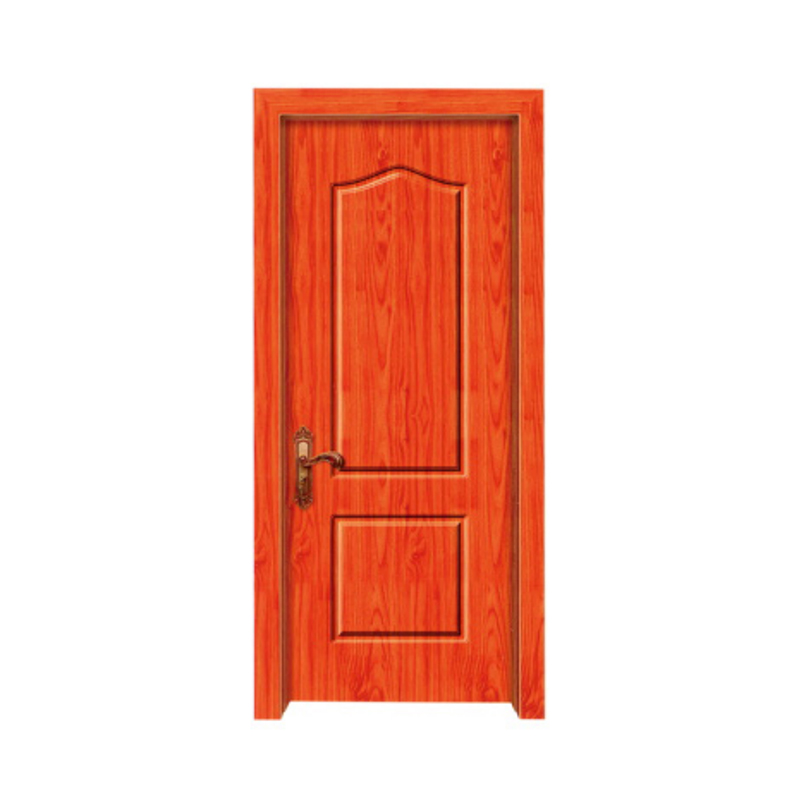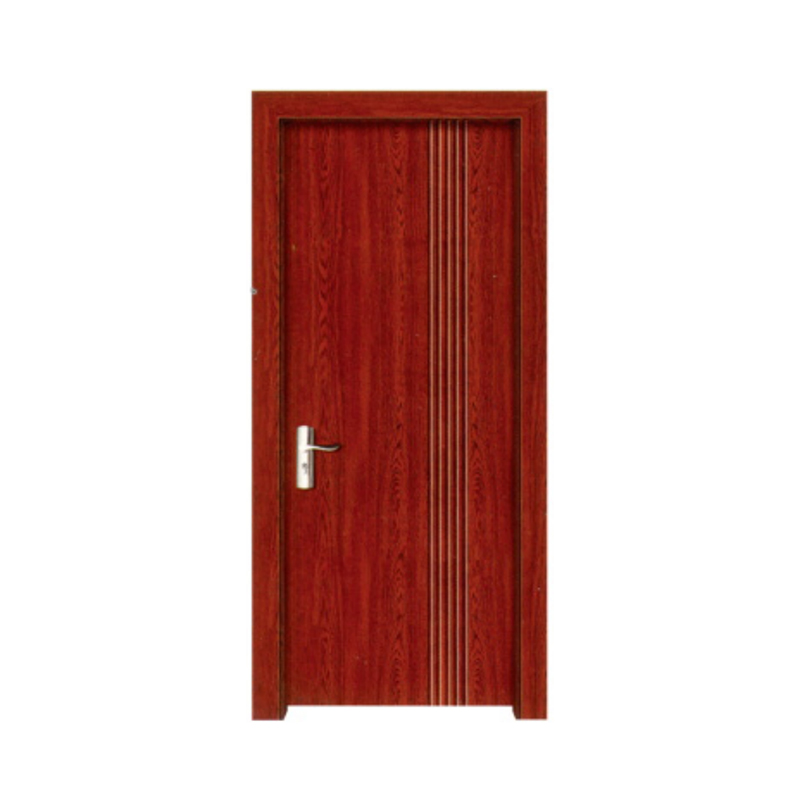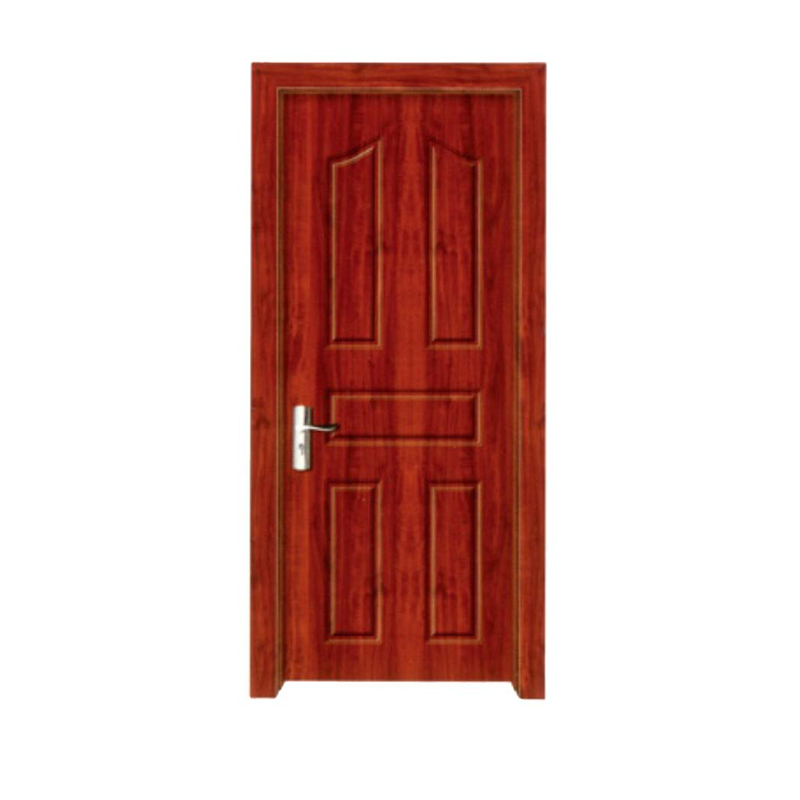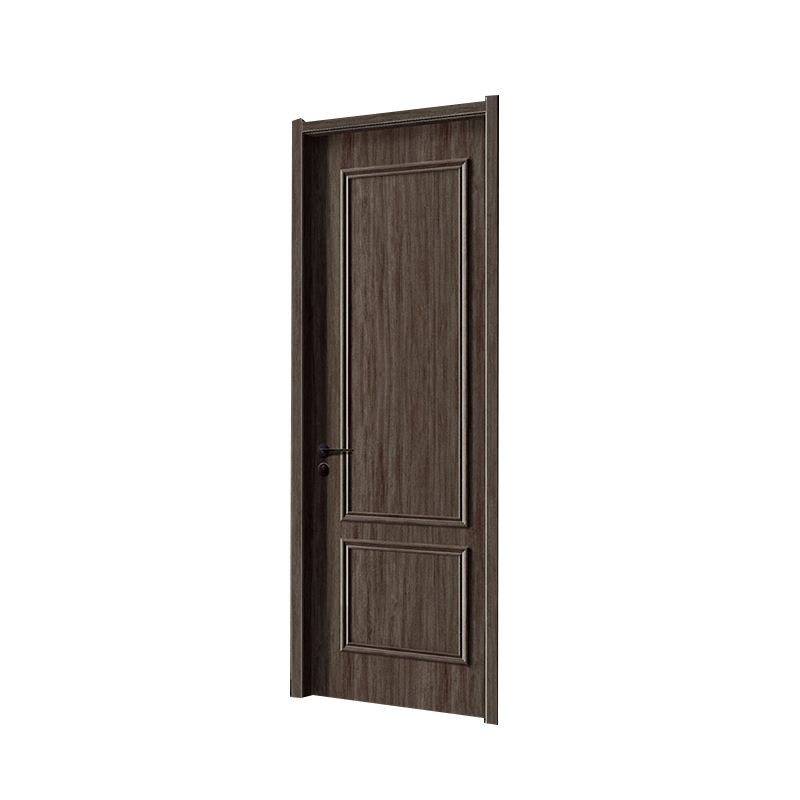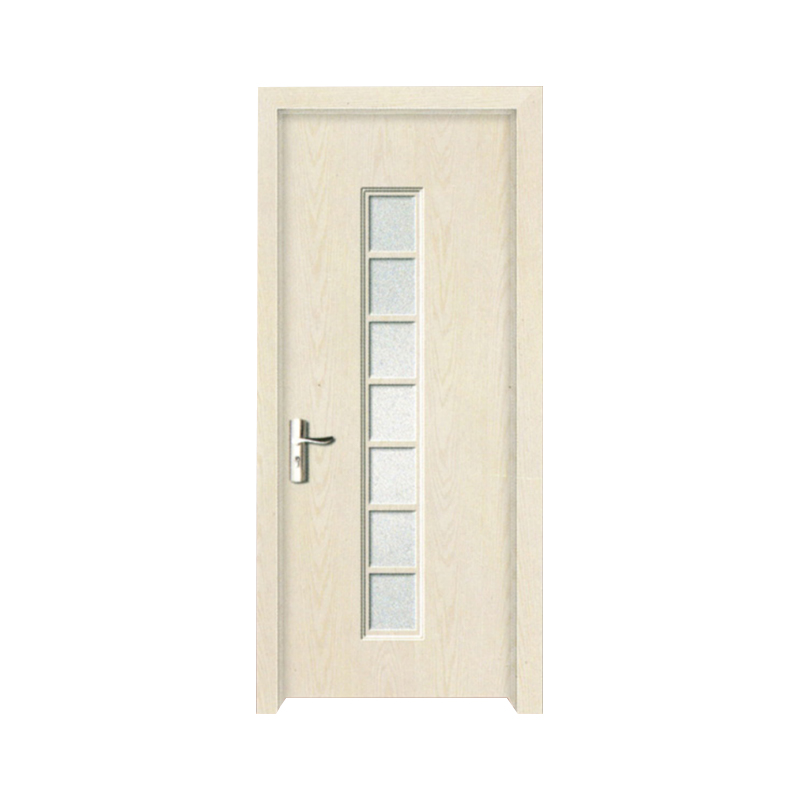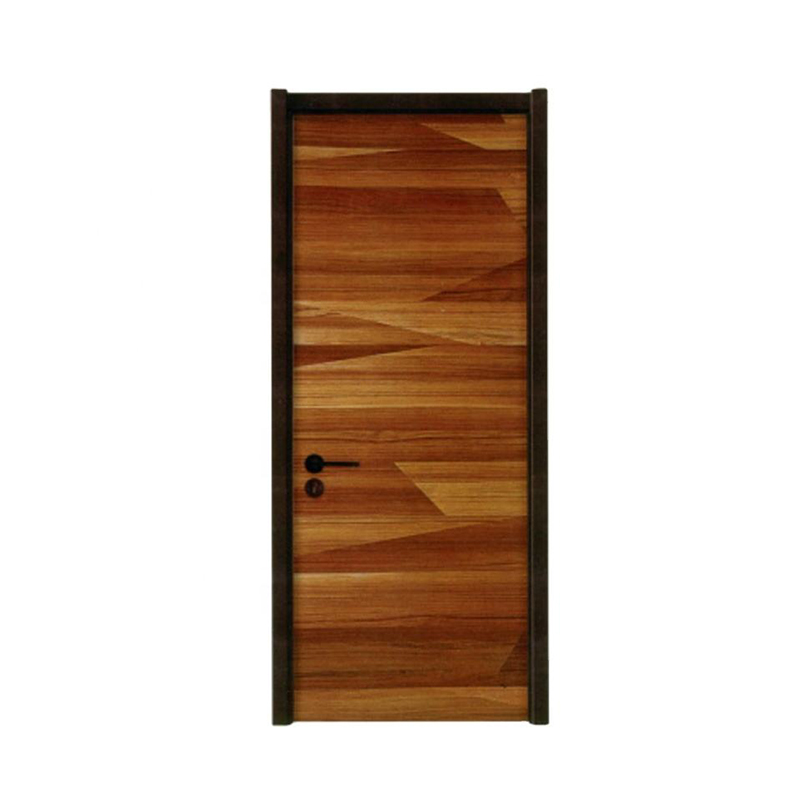Security is a top priority for both homeowners and business owners. One crucial element in enhancing security is the choice of the right security steel door. These doors are designed to provide robust protection against intruders and external threats. Whether you are securing your residence or your business premises, selecting the right security steel door is essential.
1. Define Your Security Needs:
The first step in selecting the right security steel door is to determine your specific security needs. Consider the location, purpose, and potential risks. For a home, think about the level of security required for your neighborhood. For a business, assess the industry and location, which may have unique security challenges.
2. Identify the Door's Purpose:
Security steel doors serve various purposes, and their features may vary accordingly. Determine whether you need an entry door, an interior door, or a door for a specific room like a vault or storage area. Each application may require different levels of security and features.
3. Check Security Ratings:
Security steel doors are often rated based on their ability to withstand forced entry. Look for doors that meet recognized security standards, such as those from organizations like ANSI (American National Standards Institute) or UL (Underwriters Laboratories). These ratings can help you gauge the door's level of protection.
4. Consider Door Thickness:
The thickness of a security steel door plays a significant role in its security capabilities. Thicker doors are generally more resistant to forced entry. Standard security doors are typically 1¾ inches thick, but options with greater thickness are available for enhanced security.
5. Evaluate Locking Mechanisms:
The locking mechanism is a critical aspect of a security steel door. Look for doors equipped with high-quality deadbolt locks. Multi-point locking systems that secure the door at multiple points along the frame provide additional security.
6. Examine Material Quality:
Not all steel doors are created equal. Assess the quality of the steel used in the door's construction. High-quality steel offers better resistance to physical attacks and corrosion. Ask about the gauge (thickness) of the steel as well.
7. Inspect Hinges and Frames:
Security steel doors should have strong hinges and frames that can withstand tampering. Reinforced hinges and frames can significantly enhance the door's resistance to forced entry.
8. Consider Fire Ratings:
In addition to security, consider the fire resistance of the door. Fire-rated security steel doors can provide protection against fire hazards, making them suitable for both residential and commercial applications.
9. Customize for Aesthetics:
While security is the primary concern, aesthetics also matter. Security steel doors come in various designs and finishes. Choose a door that complements the overall look of your home or business while maintaining security standards.
10. Seek Professional Installation:
Proper installation is crucial for the effectiveness of a security steel door. Enlist the services of a professional installer experienced in security doors. Improper installation can compromise security.
11. Maintenance Considerations:
Understand the maintenance requirements of your chosen security steel door. Regular inspections and lubrication of locks and hinges may be necessary to ensure continued functionality and security.
Choosing the right security steel door for your home or business requires a thoughtful and systematic approach. Consider your security needs, assess the door's features, and evaluate its quality and ratings. Prioritize professional installation and consider additional security measures like access control systems. By taking these steps, you can enhance the safety and protection of your property while maintaining peace of mind.


 عربى
عربى

